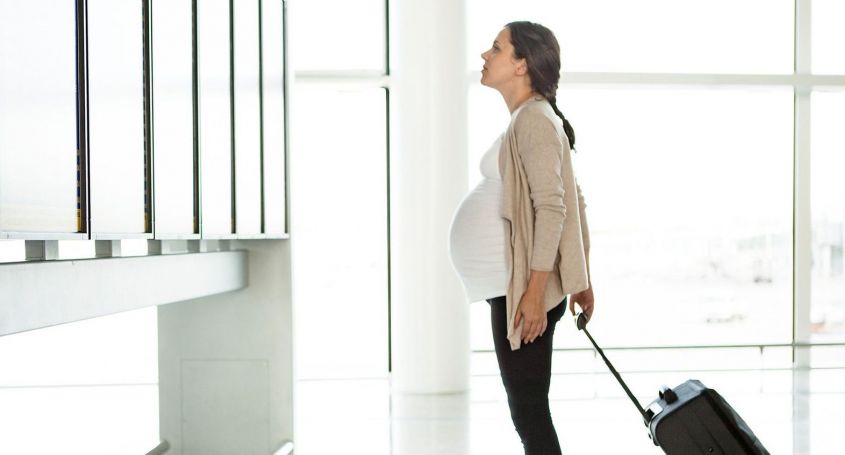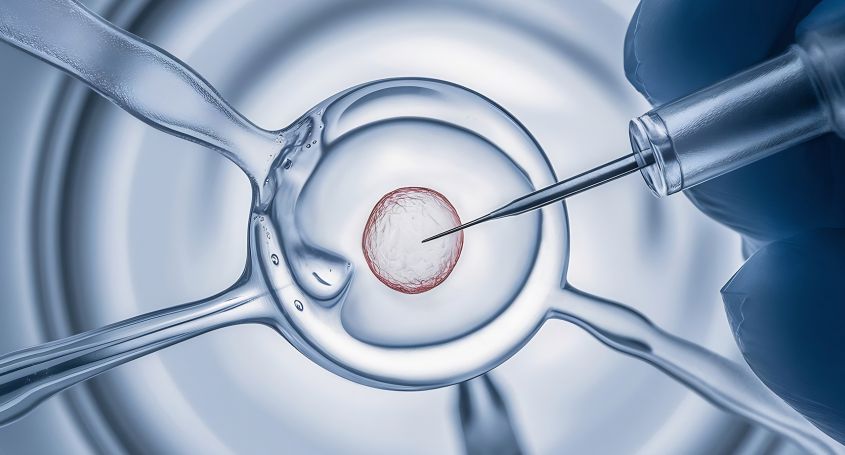Many aspects of everyday life are altered when you become pregnant and, therefore, some doubts often appear. For example, the possibility of traveling during this period. Here's everything you should keep in mind.
Travelling, yes or no? How?
Overall, travelling while you are pregnant is not contraindicated, except in some specific cases. On the other hand, the safest period to travel is the second trimester of pregnancy (between week 14 and 28) as there is less risk of abortion and preterm birth (in contrast to the first and third trimesters).
If you are traveling by car it is important that you always put on your seat belt avoiding direct pressure on the abdomen, that is, by passing the lower belt band under the belly. In addition, we recommend making the journey as short as possible and making stops to stretch your legs.
Travelling by boat: In principle, there should be no problem, but it is important to consult in advance with the doctor about feeding and / or medication recommended in case of dizziness.
Travellin by plane: A woman with a healthy pregnancy is not at risk when traveling by plane, although it is not recommended to travel after 36 weeks of pregnancy or before day 7 after delivery. It is important to inform you of each airline's policy regarding pregnant women, as some of them require for a medical certificate to be able to travel and others limit the trip from the seventh month.
Tips for pregnant women travelling
Avoid journeys of more than 6 hours. If this is not possible, it is recommended to walk five minutes every 1 or 2 hours on long trips.
Choose the most comfortable clothes that do not squeeze you.
If you travel by plane, sit in the aisle, you will be able to get in and out more easily.
If you travel by plane, avoid food and carbonated drinks before the flight, as the trapped gases expand at altitude and cause discomfort. Also, it is recommended to drink plenty of fluids.
Put the seat belt at the level of the hips to avoid tightening the abdomen.
Do not forget to bring your health documents.
Regarding the destination: avoid areas with infectious diseases with a high risk of contagion. It is also advisable to avoid areas with extreme weather conditions (very cold or very hot). Consider the health resources of the destination country in case something happens.
As we have already said, ask your doctor which medications to take in case of dizziness, since pregnant women tend to suffer. It is also important to tell him what kind of medications you plan to take and if they involve risks to pregnancy.
Now you know! You don't have to change a trip if your pregnancy is healthy. Even so, it is very important to consult your plans beforehand with the doctor and he / she will recommend the best for your health.















